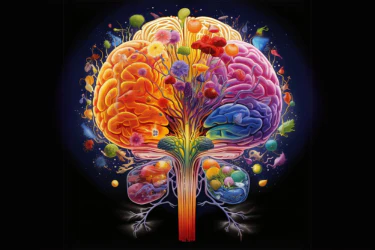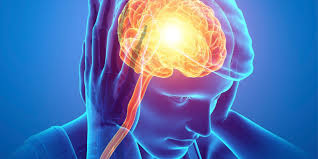Exploring the Different Types of Psychiatrists and Their Specializations
Psychiatrists are qualified to assess both the mental and physical aspects of psychological problems. Their medical background allows them to understand the complex relationship between cognitive and other medical illnesses. This unique position enables them to diagnose and treat a wide array of mental health conditions. Here is more information about their specializations:
Child Psychiatrist
A child psychiatrist typically focuses on diagnosing and treating mental, emotional, and behavioral disorders in young children, typically from infancy through the elementary school years. They have specialized training in child development and family dynamics. This allows them to evaluate children’s condition within the context of their family, school, and social environment.
These specialists address typical issues in early childhood. Some of these conditions include:
- Attention-deficit/hyperactivity disorder (ADHD)
- Anxiety disorders, such as separation anxiety
- Autism spectrum disorder (ASD)
- Panic disorders
Treatment approaches can be adjusted to the child’s developmental stage. A child psychiatrist might use play therapy to help a child express their feelings or work with parents to develop behavioral management strategies.
They also collaborate with schools and other healthcare providers to support children’s overall well-being. Prescribing medication is an option, but it is done with careful attention to the child’s age and physical development. The goal is to address symptoms and support healthy mental growth.
Adolescent Psychiatrist
Adolescent psychiatrists work with teenagers and young adults. This field requires a deep understanding of the unique challenges of adolescence. Psychiatrists in this specialization are typically trained to navigate the biological, psychological, and social changes that occur during these years.
The scope of an adolescent psychiatrist’s work includes managing conditions like depression, anxiety, eating disorders, and substance use issues. They are skilled at differentiating typical teenage behavior from symptoms of a mental health disorder. Treatment often involves a combination of psychotherapy and medication management. They may coordinate care with pediatricians, school counselors, and other specialists to provide a comprehensive support system for the young person.
Adult Psychiatrist
Adult psychiatrists provide care for individuals aged 18 and older. This is a broad field of psychiatry, and many adult psychiatrists choose to specialize in specific areas. General adult psychiatrists are equipped to diagnose and treat a wide spectrum of mental health conditions that affect adults. These conditions might include bipolar disorder, major depressive disorder, panic disorder, and post-traumatic stress disorder (PTSD).
Their work involves conducting comprehensive psychiatric evaluations, which may include reviewing patients’ medical histories and performing physical examinations to rule out other potential causes of symptoms. Treatment plans are individualized and may consist of medication, psychotherapy, or a combination of both. They guide patients through their treatment and make adjustments as needed.
Schedule a Psychiatrist Visit
Finding the proper support for your mental health depends on a variety of personal factors. Psychiatrists with various specialties are available to help at every stage of life. If you or a family member could benefit from talking to a professional, taking the next step is simple. Just contact a psychiatrist today to schedule an appointment and discover how a clinical team can support you.







